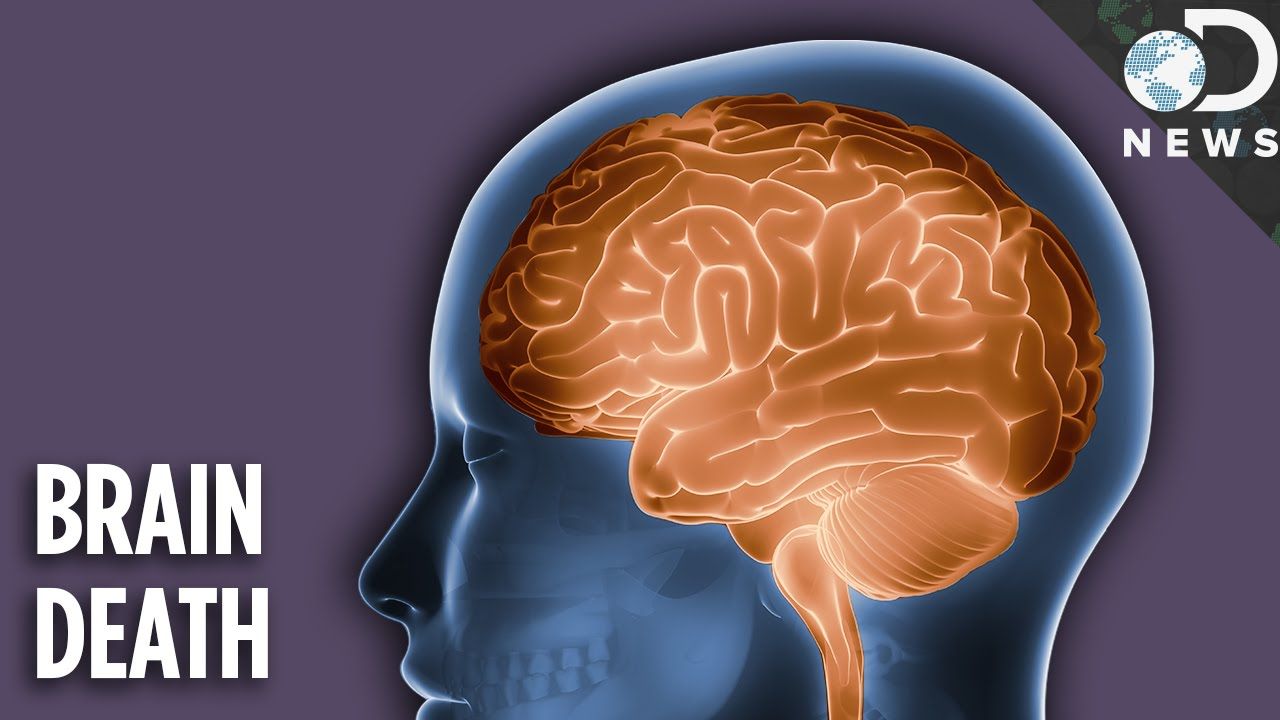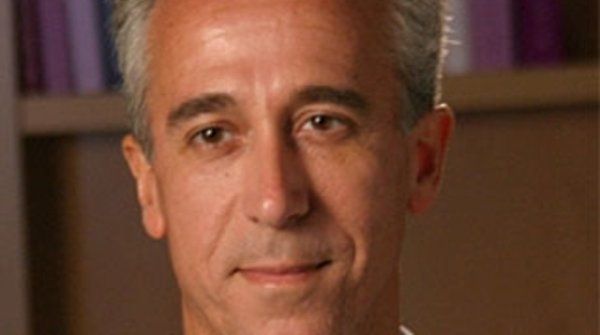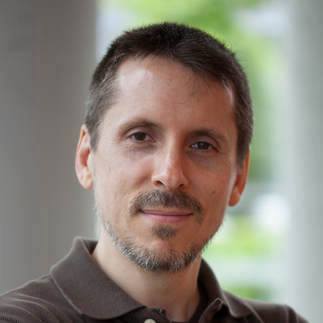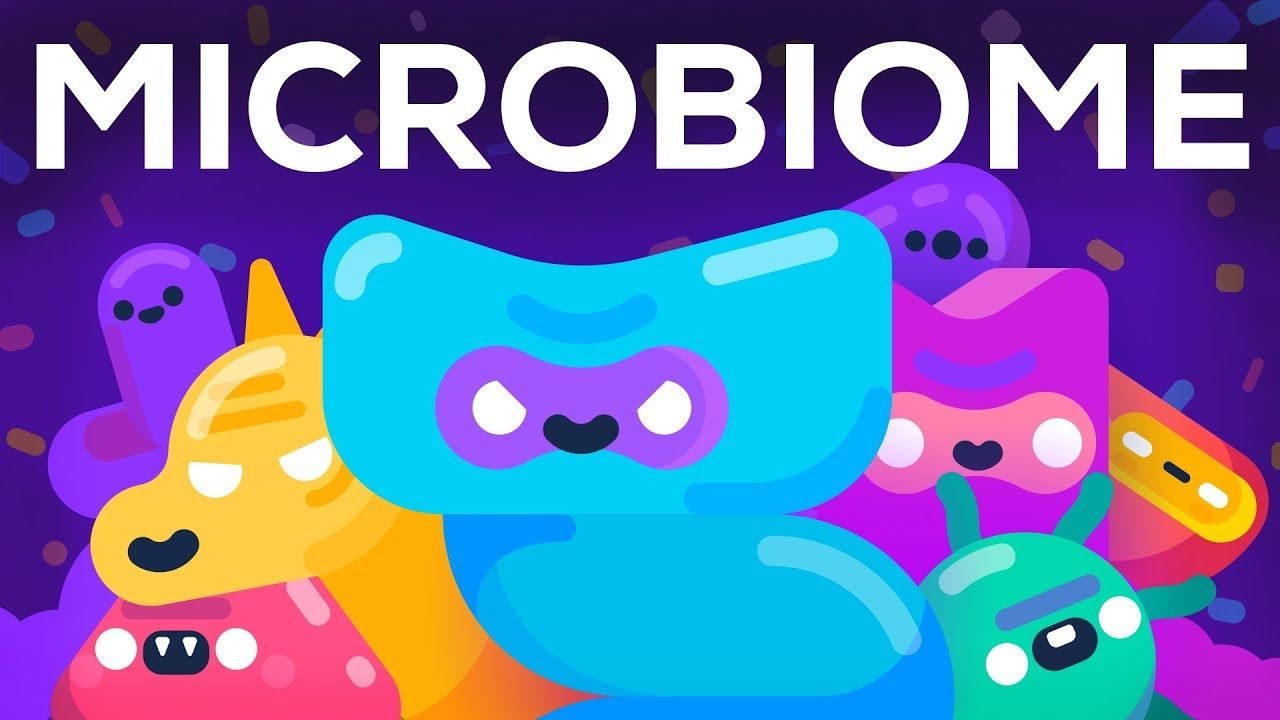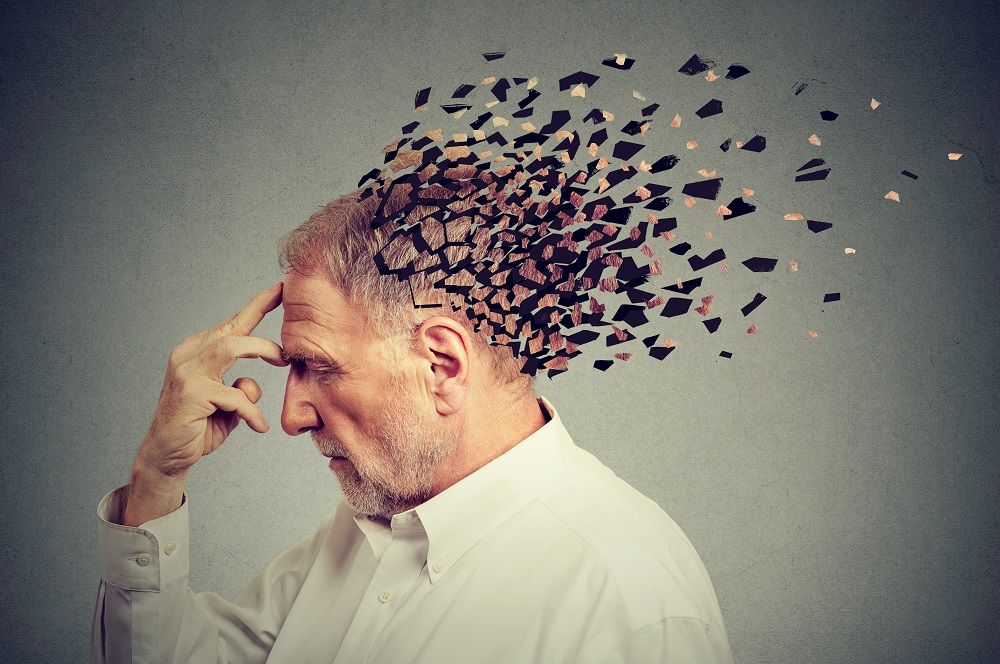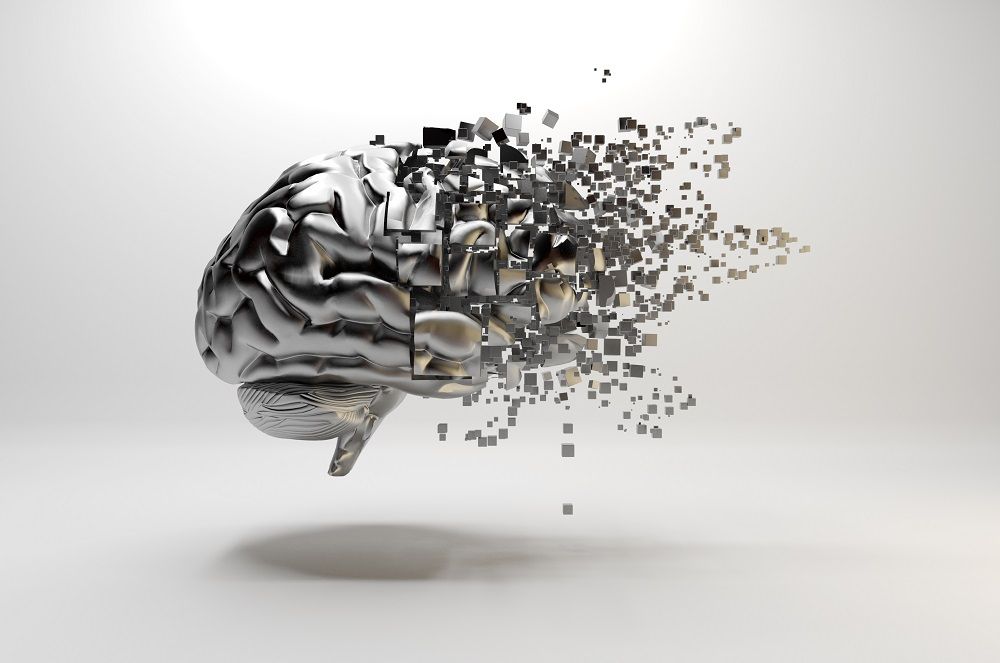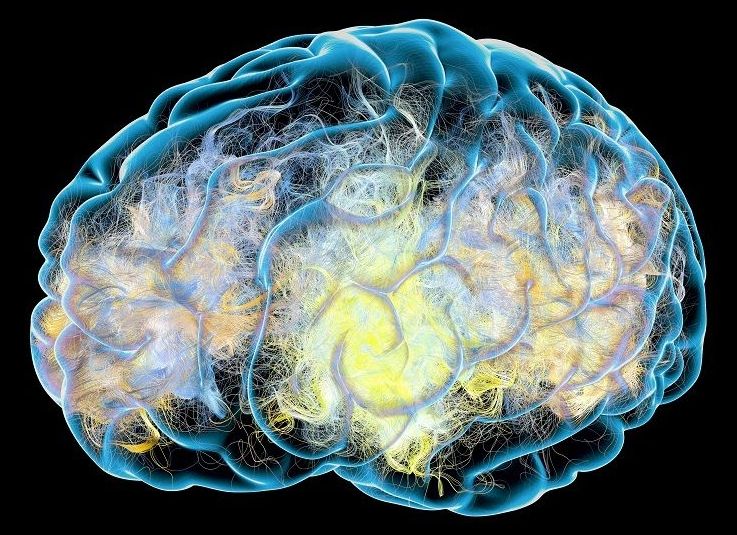Biologist Mark Roth, at Seattle’s Fred Hutchinson Cancer Research Center, is working with animal subjects, putting them into suspended animation. The idea is that a patient who is in medical crisis could be put into a suspended state like hibernation, until he or she could be stabilized and in this way, get past it.
Though we tend to expire when the oxygen level is low, many animals go into a suspended state in extremely low oxygen environments. In the lab, one must enter into such an environment quickly. Roth is currently working with nematodes—a kind of roundworm—and expects to eventually work up to humans.
A vegetative state is another aspect of what we consider the gray zone between life and death. Medically, this is when sufficient damage to the brain has occurred, where the person isn’t aware of and can’t respond to their surroundings. They may breathe, have a heartbeat, move their eyes, even show reflexes, but they can’t respond to stimuli or interact with the world. Their brain stem is operating normally, but other parts of the brain may be damaged or inoperable. Most patients who enter such a state never leave it.
